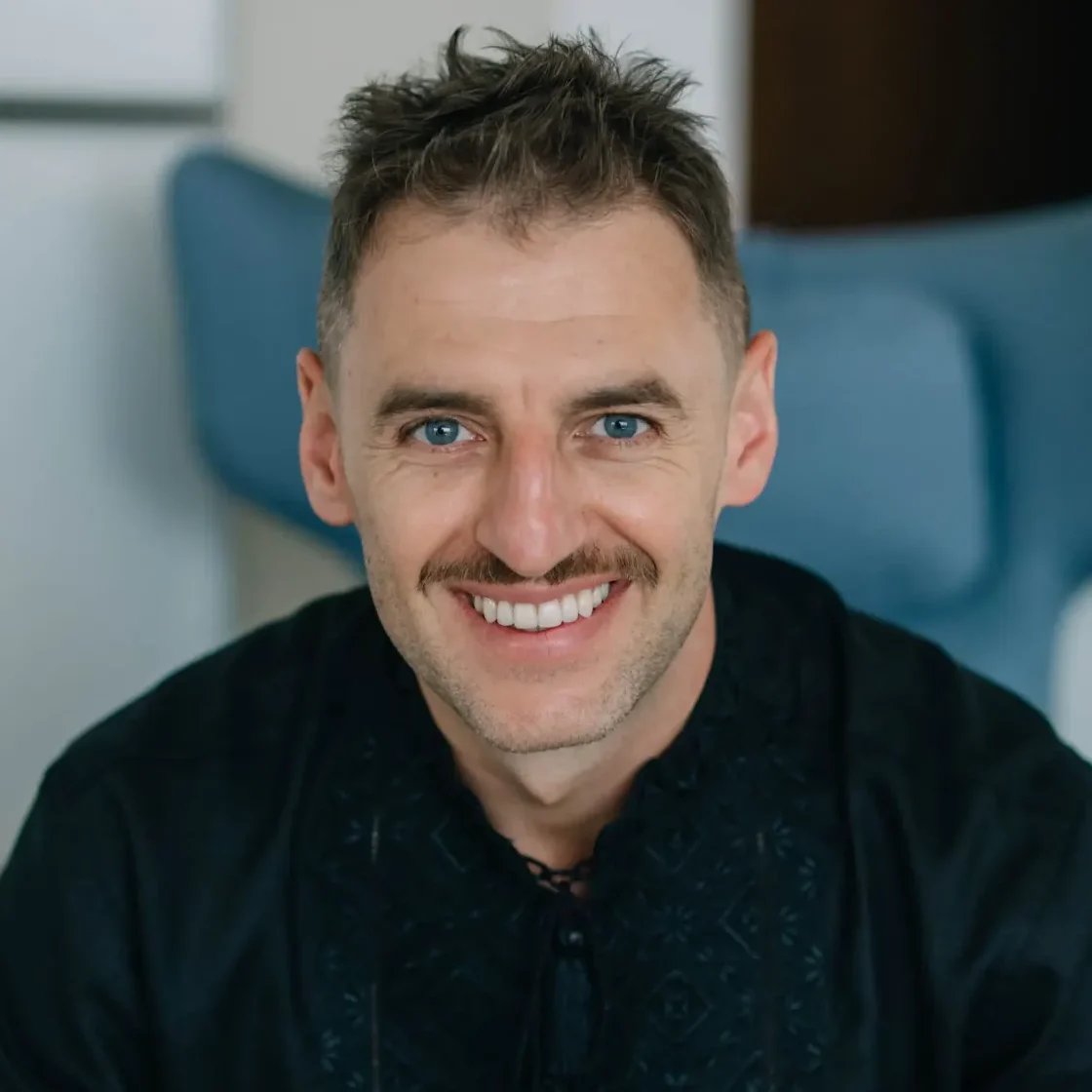The Central and Eastern European (CEE) has grown remarkably over the past decade, yet despite this, the region’s startup ecosystem remains constrained. And the bottleneck is not a lack of capital, nor is it simply a matter of political risk or market size, as people sometimes assume…
The CEE startup ecosystem, with its total startup enterprise value growing times since 2014, exceeds the European average, and the region saw significant funding activity, raising over billion across Q2 and Q3 of 2025. This diverse tech scene is anchored by key markets, including Poland, which is considered the most developed, leading the region in 2024 with over billion raised, supported by the influential Polish Development Fund (PFR), and boasting software developers and multiple unicorns like ElevenLabs and Docplanner.
Ukraine has the largest talent pool ( developers) and sustains a base of over 2,500 active startups despite the ongoing war, while Romania has over tech professionals and a dynamic ecosystem valued at around billion, producing unicorns like UiPath and eMAG.
Czechia, with – tech specialists and government support from CzechInvest, raised approximately million in 2024 and is home to unicorns like Productboard and Mews, and Bulgaria, with over tech professionals, is also contributing to the region’s growth, having produced its first unicorn, Payhawk, in 2022.
While each CEE ecosystem has its own character, several shared strengths give the region a powerful competitive edge.
Superpowers of CEE ecosystems
1. High-quality tech talent
CEE countries have large pools of skilled software developers, many of whom graduated from well-regarded STEM programs at leading universities. The global tech community recognizes the region’s engineers for their technical proficiency, problem-solving abilities, and adaptability.
2. Cost efficiency
Developer salaries in CEE remain significantly lower than in Western Europe or the US. This empowers startups to build strong technical teams without spending too much on talent. Such a cost advantage extends beyond wages. Thanks to it, early-stage companies can stretch pre-seed and seed capital further, achieving meaningful product development with more flexible budgets.
3. Execution mindset
Another strength of CEE founders is their execution-driven mindset. Investors who know the region well often describe them as “doers” — people who focus more on building, shipping, and iterating at speed. This pragmatism makes them attractive to venture capital, as it translates well into tangible progress even with limited resources.
4. Global mindset from day one
With relatively small domestic markets for certain products, CEE founders are used to building products for international customers from the outset. Many startups have remote-first models and design their operations for cross-border scaling, which allows them to enter foreign markets quickly.
What the general public gets wrong about CEE
Despite the region’s rapid growth, several misconceptions still shape how the world perceives it.
Myth 1: There isn’t enough venture capital or investor interest
In 2024 alone, Poland attracted over €2 billion in venture funding, making it one of Europe’s fastest-growing VC markets. Multiple CEE-focused funds have launched across the region over the past years. According to the European Investment Fund, the number of such funds doubled between 2017 and 2023.
Among VCs active in CEE, the consensus is that there’s more capital available than startups ready to absorb it at the VC scale.
Myth 2: The region is too politically unstable
The reality is that risk varies significantly across CEE markets. Ukraine is in the midst of a war, yet its startup ecosystem continues to grow and attract international investment. It still counts 2,500+ active startups and 340,000+ IT specialists, making it one of the largest tech talent pools in Europe.
Meanwhile, Czechia and Poland are members of the European Union with stable regulatory frameworks that rank among the most politically stable emerging markets in the world. As per the World Bank, both countries also score well in the rule of law and regulatory quality.
Myth 3: CEE is only about outsourcing
Just in Ukraine, outsourcing exports amounted to approximately $6.4 billion in 2024, representing 11.5% of the country’s total exports. But while IT outsourcing has historically been a big part of the region’s tech industry, it is far from the full picture.
CEE has produced globally competitive, product-led companies. Grammarly, a Ukraine-born product unicorn, was valued at $13 billion in 2021. Polish ElevenLabs, a voice AI platform, was valued at $3.3 billion during its Series C earlier this year.
According to Dealroom’s latest report on the region, the total enterprise value of CEE startups grew 15.5x since 2014, outpacing Western Europe (6x) — a growth driven largely by product-led startups, not outsourcing firms. Outsourcing remains a strength, but it’s beginning to coexist with a growing, product-driven innovation economy.
If capital is abundant, why aren’t more CEE startups raising at scale?
Based on my own reflection and conversations with fellow investors, the bottleneck is founder retention and the recycling of entrepreneurial success back into the ecosystem.
In Ukraine, over 90% of scaleups move their headquarters abroad, a decision often driven by the war. But even in stable markets such as Estonia, 54% of scaleups relocate, according to 2025 data from Dealroom.
For B2B software founders targeting the US, relocating is often a rational and commercially necessary decision. Yet ecosystems back home benefit enormously when these entrepreneurs stay engaged — whether by running remote teams locally, mentoring new founders, or reinvesting as angel investors.
Without such involvement, the region loses out on a phenomenon that has been crucial to other global hubs: the “startup mafia effect.” In Silicon Valley, the alumni of PayPal and Stripe used their capital, experience, and networks to launch and scale the next generation of unicorns. Estonia’s own Skype mafia played a similar role in building the country’s reputation as a startup powerhouse.
To change this trajectory, the region needs more founders who remain engaged with their local ecosystems after relocation or exit. Equally important is the prospect of return. Founders who exit successfully abroad can bring capital, networks, and experience back into Bulgaria, Czechia, Poland, Romania, or Ukraine, becoming active players in shaping the next wave of growth.
Some may even go further by establishing new venture firms. A recent example is Glovo’s founders, Oscar Pierre and Sacha Michaud, who launched Yellow, a fund dedicated to supporting entrepreneurs across Southern Europe, Glovo’s home region.
What matters most now isn’t money
I believe there are three pathways that can help the region to realize its full potential and ensure the recycling of entrepreneurial success.
-
- First, founders can remain connected to their home markets: running remote teams, keeping an operational base in CEE, or otherwise maintaining a presence in the region.
- Second, those who exit abroad should consider returning with capital and networks, becoming active angels, mentors, or operators in their home countries.
- And third, a handful of founders can even go further, launching venture firms of their own.
Yet capital by itself will not turn CEE into a global startup powerhouse in the short to mid-term. Over time, abundant capital will teach founders — through successes and failures alike — and gradually raise the bar. But what matters most now isn’t money. It’s time, attention, and hands-on guidance from successful founders who have had a successful exit. One such committed mentor can often have more impact on the ecosystem than a fund check.








